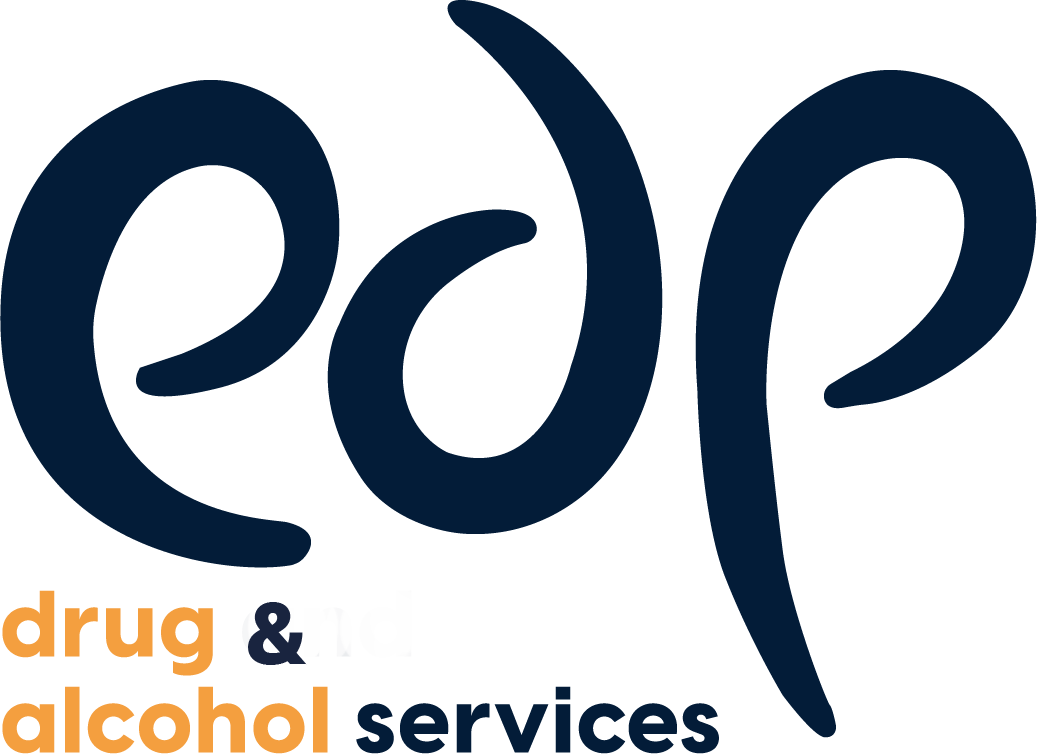Making the decision to cut down or cut out alcohol from your life is hard. It is likely that alcohol is helping someone cope with a challenging issue.
As someone who wants to see them get better, you will be asking what can I do to help them get better? Having positive communication with your friend or loved one can really make a difference. You may need to have more than one conversation. Relapse is normal, and people may relapse several times. It is important to remain positive.
People can and do make remarkable changes and we see this every day. So here are a few tips on taking steps to having some simple, but challenging steps towards more positive communication.
Keep it short:
Keep communication clear, simple and brief
Keep it non- judgemental
”Are you worried that you are drinking too much?” Is a good starting point.
Signpost
Signpost towards support services and groups without attaching any pressure… ”I know of some places you can go for support if it’s something you want to change”.
Timing:
Choose the right time to talk. If they have worries, distractions or are drunk they will not be in the right frame of mind to listen or make positive changes.
Sensitivity of language:
- Try to use soft language. Using words like ‘alcoholic’ or ‘drinking problem’ will only make them defensive.
- Start your sentences with “I”. This helps you to say how you feel. Tell them how concerned you are. “I feel really worried about you”.
Patience:
Your conversation may need to happen several times before it lands well. However much you want change, the drive and willpower has got to come from them.
Know your role:
You are mum, sister, friend, brother, father, grandparent. That is your strength. You may not be able to help them understand why they drink, but you can help them consider the consequences of their drinking. “I sense that this is affecting your job or your relationship. What do you think?”.
Refocus:
Try to do little things together to help your loved one refocus on things other than alcohol. Walks, gardening, listening to music together can be beneficial for you both.
Framing:
Avoid trying to get them to confess to having an alcohol problem and avoid accusations, blame, aggressive tones or nagging.
Be positive:
Valuing the little things can build trust and communication. Notice all the positives and say thank you for them. “I noticed that you did the washing up. I’m really grateful”. “Thanks for meeting me when you said you would”. This helps to boost self-confidence.
First step:
Suggest seeing the GP as a starting point.
If you can get a general discussion going around health (such as sleeping or eating in general) your friend or loved one may be more willing to see their GP rather than an ‘alcohol worker’.
Stay calm:
If someone is angry, aggressive, or repetitive, just say “OK, that’s feels like enough for today. Can we chat again soon?
Be prepared for some resistance and denial, but that doesn’t mean it hasn’t planted a seed and that they aren’t internally processing the idea.
Self Management Tools that can help:
- Alcohol Test/Drinkcoach – https://drinkcoach.org.uk/alcohol-test
- Breaking Free Online
Sources:
- Drinkcoach
https://drinkcoach.org.uk/how-to-help-someone-else
- Source: Adfam
https://adfam.org.uk/help-for-families/you-and-your-loved-one/positive-communication







